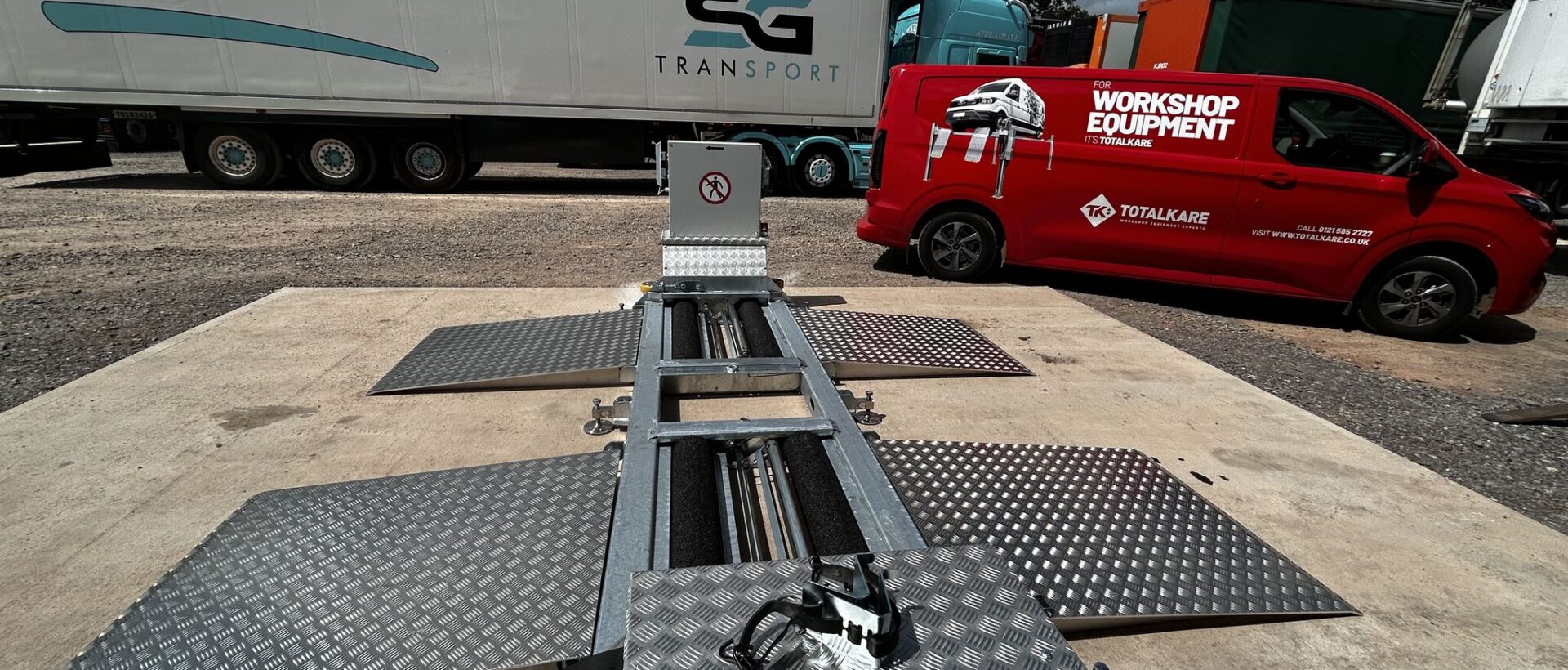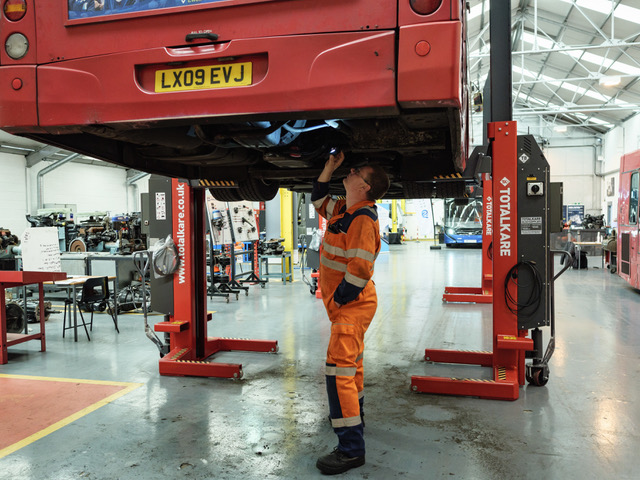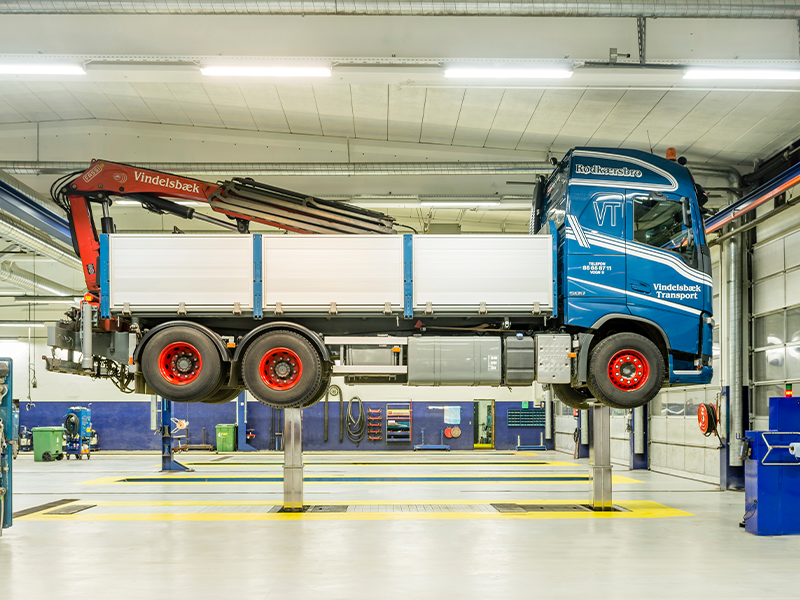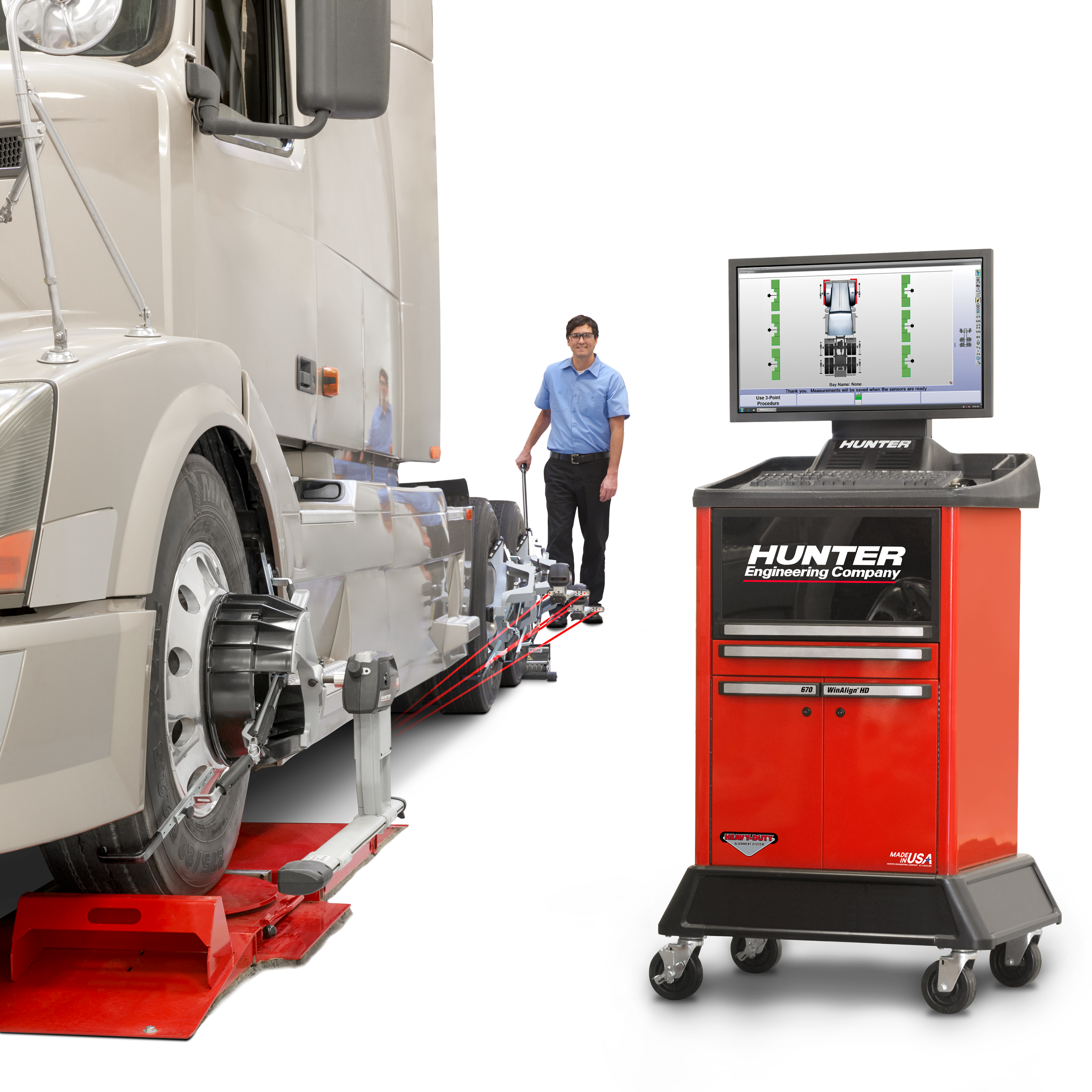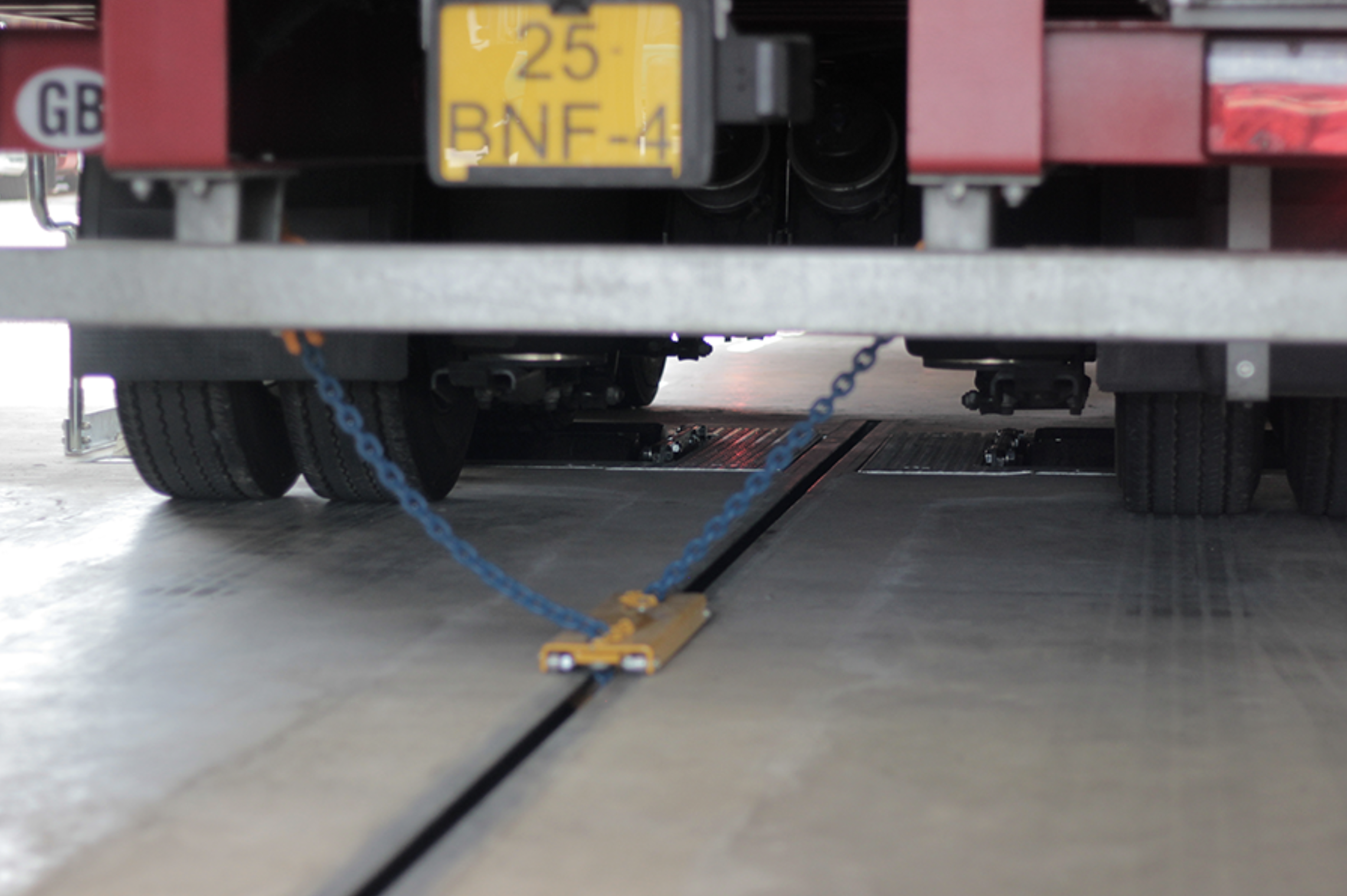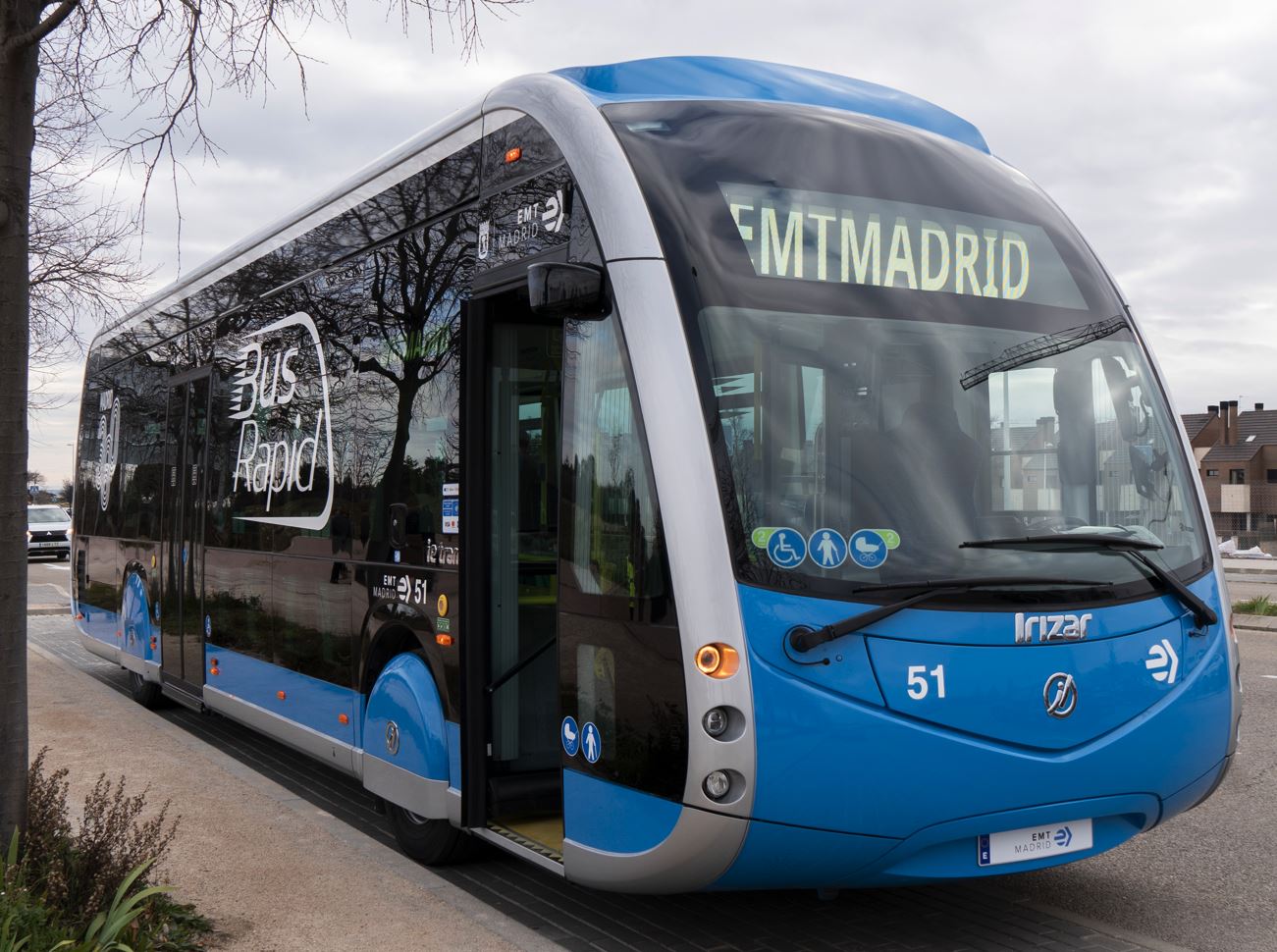We’re at a turning point in the transport industry right now.
Companies are under massive pressure to make environmentally positive changes, and more businesses than ever are starting to move away from fossil fuels towards cleaner electric energy.

But now, companies are seeing an extra level of complexity to the decisions they need to make. Hydrogen-powered vehicles are on the rise — and they’re a serious contender to the current wave of electric battery vehicles.
Here’s what you need to know about the future of sustainable fuel sources:
What Do the Roads Look like Today?
It should be no surprise to learn that diesel is still dominating.
In the UK alone, there were nearly 12 million diesel vehicles out on the roads in 2021. And while the number of new diesel registrations has been decreasing, there’s a long way to go before we start to see those kinds of numbers for Battery Electric Vehicles (BEV) and hydrogen-powered Fuel Cell Electric Vehicles (FCEV).
At the start of 2023, there were an estimated 660,000 BEVs on UK roads.
And for FCEVs, the numbers look even more stark, with only 60,000 hydrogen-powered vehicles in operation across the entire globe — which means a smaller number in the UK itself.
But What about the Future?
We already know that battery electric vehicles are on the rise. But we’re still in the infancy of the shift towards electric transport — and even more so when we look at hydrogen-powered vehicles.
Now here’s the interesting part:
Data from Juniper Research predicts that the number of hydrogen-powered vehicles is set to skyrocket — from 60,000 vehicles in 2022 to over 1 million by 2027.
That’s an incredible leap in just five short years. And that could mark the start of a dramatic change in the commercial vehicle landscape, with hydrogen-powered vehicles becoming a strong contender against their battery-powered competitors.
The Battle for Zero Emissions
We’re all doing what we can to protect the environment.
With new government regulations and fines appearing with each passing year, it’s no wonder that people are switching to renewable fuel sources — whether that’s electric batteries or hydrogen fuel cells.
But how exactly do the two eco-friendly options stack up?
While they’re both an environmentally responsible solution (and they’re both a dramatic improvement over diesel), it looks as though hydrogen-powered vehicles are set to come out on top.
One of the biggest advantages in the public eye is that the emissions from an FCEV are pure, distilled water.
But there’s a bit more to it than that:
BEVs rely on batteries to store their power. Those batteries need lithium to be produced — and the mining of lithium comes with its own environmental consequences.
Once those batteries reach the end of their lifespan, they need to be recycled. And unless we already have the means for mass recycling in place, the spent batteries from the current wave of BEVs could cause an environmental crisis a few years down the road.
With hydrogen-powered FCEVs, things are different:
The vehicles are cleaner to run, cleaner to produce — and their fuel cells can be a fully renewable and environmentally friendly energy system.
The Real-World Practicalities
Protecting the environment is all well and good. But what really happens out on the road — and how do these vehicles perform in the journeys they need to make?
BEVs are often criticised for their effective range. And when it comes to heavy-duty commercial vehicles making cross-country trips to haul cargo, that upper limit becomes a serious problem.
Tesla recently celebrated the completion of a 500-mile trip on a single charge with their electric semi-truck. It’s an important milestone — and for some companies operating over smaller regions, that could be good enough.
But according to data from Transport & Environment, hydrogen-powered HGVs are set to overtake BEVs as the technology improves. By 2030, it’s predicted that a heavy-duty FCEV will be able to make trips of nearly 750 miles on a single ‘tank’ — while their battery-powered counterparts won’t be going much further than Tesla’s semi-truck.
And things only get more complicated when you look at refuelling:
Electric vehicles in the UK are already limited by the low number of charging stations dotted around the country. The infrastructure simply isn’t there yet — and that’s a problem you won’t find with traditional diesel engines.
For hydrogen-powered cars, the infrastructure is almost non-existent. But there is hope:
In the future, hydrogen could be pumped through the existing petrol and diesel stations we already have — replacing traditional fuels without the need to build a completely new network of refuelling stations.
The Future of Efficiency
Beyond the environment and the practical concerns, there’s one other huge question on the lips of every fleet operator:
Which fuel source will be the most cost-effective?
And to answer that, we need to separate the vehicles from the fuel.
According to Transport & Environment, an investment in a new BEV could set you back £148,000 in 2030 — compared to £123,000 for an FCEV.
That’s a significant difference. But when we look at the fuel costs, the disparity goes the other way:
Your average annual fuel costs for a BEV could be £19,000 — compared to £34,000 per year for a hydrogen-powered vehicle.
So how does that add up as an overall investment?
For a battery-powered electric vehicle, the total cost of ownership over the first 5 years could be as high as £347,000.
And for a hydrogen-powered vehicle, the first 5 years could cost you £406,000.
So Which Type of Energy Will Come Out on Top?
At this early stage — as the road industry enters an unprecedented new era — it’s impossible to say for sure.
BEVs have a clear head start in terms of both the developed technologies and the established infrastructure.
But hydrogen-powered FCEVs are showing remarkable promise — and some of its fuel cell manufacturers have already surpassed the diesel engine in terms of fuel economy and cost-effectiveness.
What we can say with certainty is this:
Wherever the industry takes us, the changes won’t happen overnight. It’s a gradual process towards a cleaner way of running fleets — and if you can keep up to date with the latest trends and tech, you’ll be in the best possible position to adapt to the new world of transport.
This article was originally published by Totalkare Ltd.


